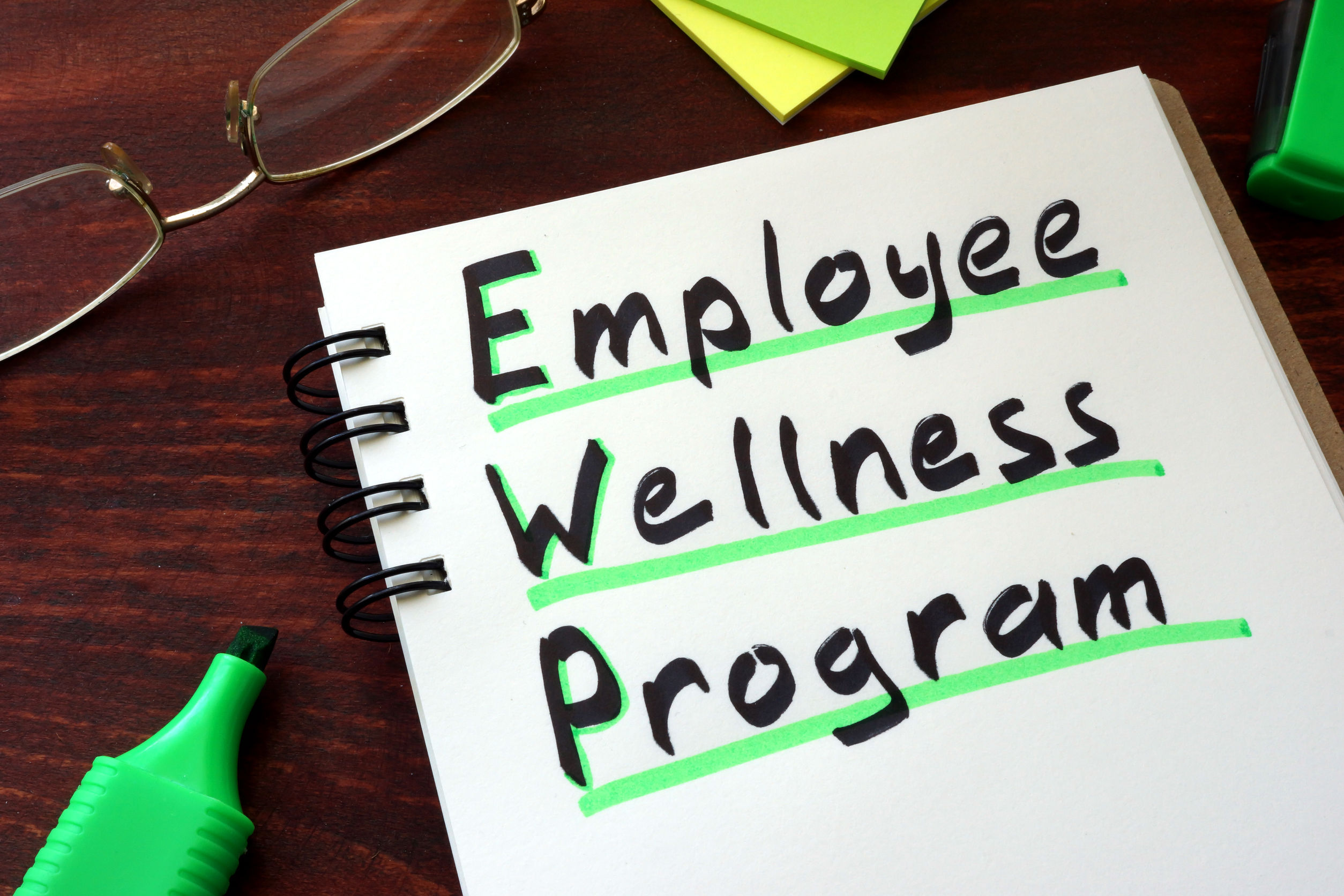Building a wellness program that anticipates and counteracts life’s biggest regrets
By considering the most common sentiments shared by people nearing the end of life, communicators can act to help create more meaningful workplace environments.

It’s difficult to find a silver lining to the COVID-19 catastrophe.
However, one “benefit” of enduring such a chaotic, lengthy global trauma is that many of us are being forced to confront our own mortality. We’re pondering those big questions of life—and of death—and considering how we want to spend whatever time we have left on earth. Many, for the first time, are asking out loud:
As we continue to barrel through the worst economic crisis in a century, employees are understandably tense. Company leaders might feel at a loss as to how a business might support workers in such an unstable, frightening landscape, but a robust wellness program can make a profound difference in employees’ lives.
However, it might take some strategic rejiggering of offerings and initiatives.
Life’s big regrets
Bronnie Ware, an Australian palliative nurse who spent years caring for those who had just weeks to live, documented five common themes of remorse vocalized by patients in her book “The Top Five Regrets of the Dying.”
Become a Ragan Insider member to read this article and all other archived content.
Sign up today
Already a member? Log in here.
Learn more about Ragan Insider.



